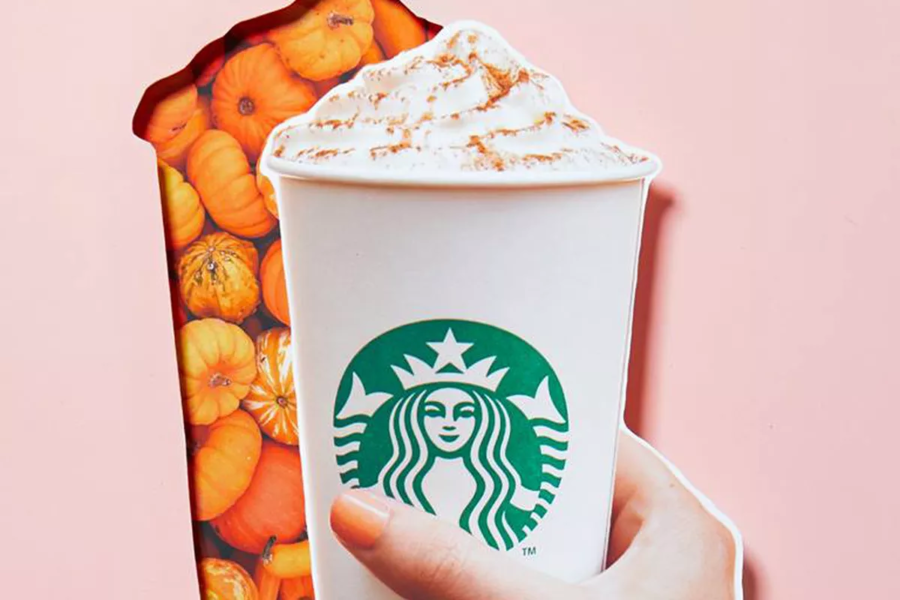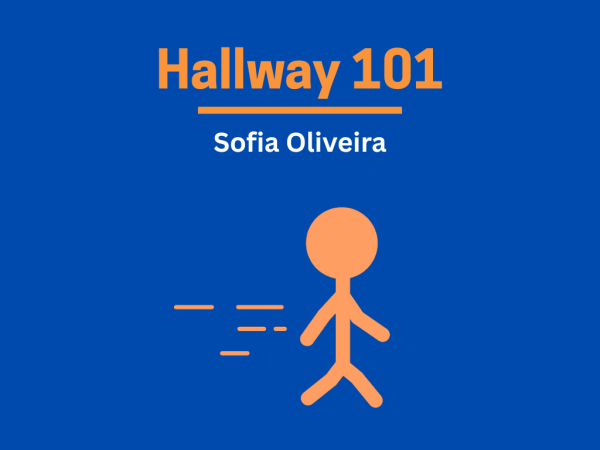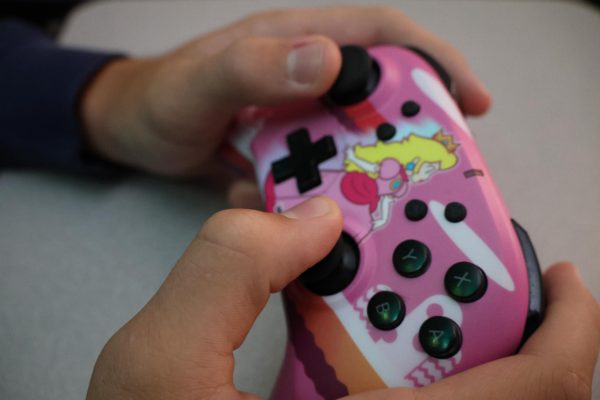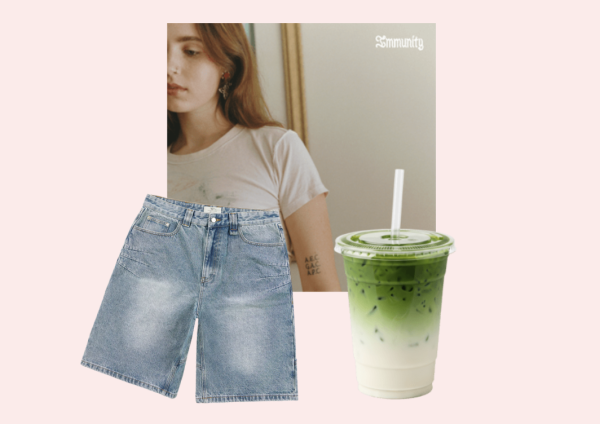Column: Consider the Pumpkin Spice Latte
Comparing pop titan Taylor Swift to a warm, non-sentient beverage does, admittedly, seem harsh.
Yet it wouldn’t be ludicrous to say that the trajectory of Swift’s career largely matches that of the oft and equally ridiculed Pumpkin Spice Latte (affectionately known as the PSL). After all, both the drink and the diva started their careers as relative unknowns, doubted by industry insiders and dismissed as catering to a nonexistent niche of an audience. Both were pushed forward by mass-market promotion and global corporate reach, and eventually gained acclaim and a cult audience (an audience which anecdotally seems to have overlapped for Swift and the PSL). In recent years, however, it’s become cool to disparage either of the two cultural phenomena, to label them as shallow and exclusive and, most piercingly, as the domain of young women who don’t really know anything. It’s en vogue to frame PSL drinkers and pop listeners as those who don’t know what coffee should taste like and don’t know what music should sound like and just don’t really know anything beyond how to fit in and conform. To proclaim one’s love for the Pumpkin Spice Latte is viewed as a betrayal of one’s own standards and gender, as a stoop down to the ultimate levels of ‘basic’, populated by North Face jackets and reruns of One Tree Hill.
While Swift’s career is brimming with insights into the media, our current cultural climate, and the portrayal of race, gender, and age in the era of connectivity, her life has been dissected extensively by journalists far more experienced and knowledgeable in celebrity culture than I. Instead, I think it’s equally important to explore the beverage side of this dichotomy, the side that has filled our lives with the constant aroma of Thanksgiving and populated our feeds with Gingham-tinted images of cloying, artificial autumn in a cup.
The backlash against the PSL can be traced back to the earliest years of the 2010’s, when the drink approached its decade-long anniversary. Initial criticisms were framed as investigations into the beverage’s compositional integrity, with incensed critics lamenting the PSL’s lack of actual pumpkin (a “concern” that Starbucks has since addressed with the addition of pumpkin in its PSLs, rather than simply pumpkin spice). But what’s notable about this initial griping is that the PSL’s harshest critics were overwhelmingly men, often men who had never tried the PSL out of pure revulsion.
Why would the nutrition facts of a latte they’d never tried (and had no intention of trying) play such an important role in the lives of these men? Perhaps they were simply hopping on the bandwagon, displaying their edginess by joining in the chorus of voices that went against the norm. Nevertheless, the criticisms were addressed, and PSL drinkers worldwide continued enjoying the drink.
A few years later, circa 2015, a fresh wave of anti-PSL sentiment swept the United States, this time directed not at the drink itself, but at those who dared to spend their own money on a product readily available for mass consumption. Critics, who we can safely presume are too aware and morally superior to purchase any product on the American marketplace, chastised drinkers of the PSL for their lack of resistance to the drink’s popularity. They dismissed the PSL as nothing but a silly riff off of traditional, “real” coffee, and deemed anyone who enjoyed the latte to be too mainstream, too unworthy of the real delicacies of life.
There’s something worth noting here. The backlash against the PSL, a drink often praised by young women, has since been applied to other “feminine foods” as well (e.g. avocado toast, rosé, cupcakes). It’s notable that these are typically lighter foods, and often are treats or beverages which are praised for their aesthetic value. It seems as though once a food or drink is branded as feminine or outwardly appealing, its worth and perception are automatically diminished in the eyes of real food connoisseurs: men. Think about it — consuming a Pumpkin Spice Latte, avocado toast, or macarons is seen as flighty, while someone who consumes traditionally masculine foods (often foods laden with meat, such as beef jerky, or bitter foods/drinks, such as cold brew coffee) is seen as the ultimate gourmand. In essence, anything feminine (such as the music produced by Swift) is seen as superficial and lacking depth, while masculine foods are seen as complicated and nuanced. It’s unfair and misplaced to criticize foods favored by women when those favored by men are automatically exalted and viewed as the gold standard of gastronomy. If we so choose, we could draw a conclusion here and move on — people don’t have a PSL problem. They have a gender problem.
But there’s a simple fix to this problem, one that can’t often be applied to more pressing or nuanced issues like race relations or health care.
Just let people be.
In a world which seems to be crumbling with each passing minute, it’s ignorant to spend one’s time criticizing the way someone chooses to spend their $5. Instead, we should support others’ big or small mechanisms of finding happiness, whether that’s by expressing their gender identity or ordering a beverage that happens to pop up on menus each August.
And try the PSL for yourself. You just might like it. And if you don’t, there’s a whole market out there happy to take your share.

Tanya is a senior at Naperville North, and can barely wait to get started with a new year for The North Star! As Editorials Editor, Tanya is responsible...






